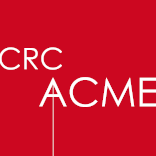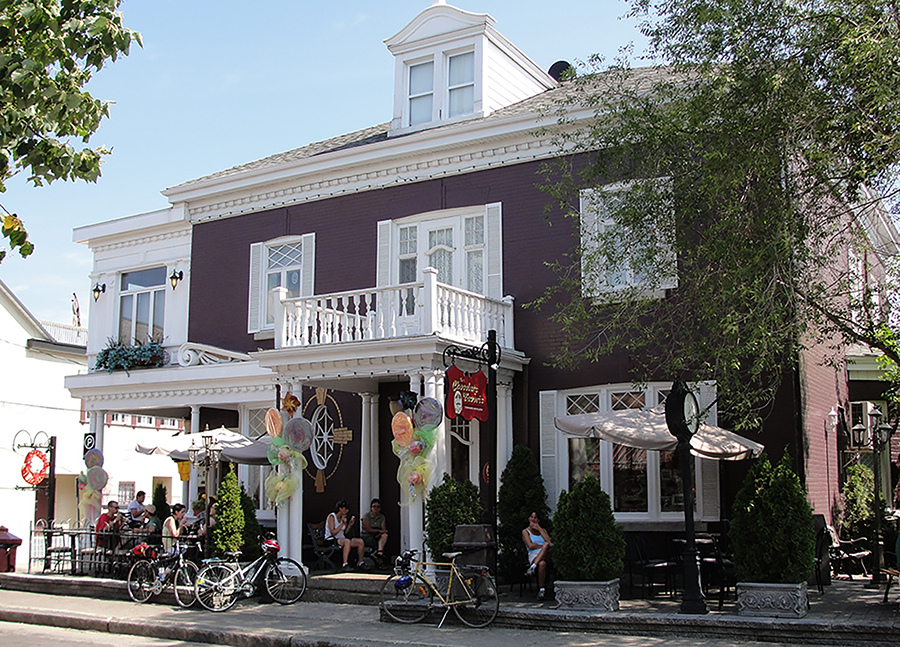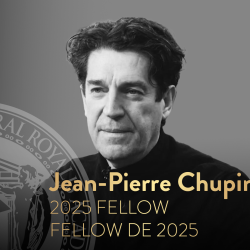New article by Yolene Handabaka Ames: What’s behind the demolition of the Chocolats favoris building in Vieux-Lévis?
New article published in Le Devoir by Yolene Handabaka Ames, student of the individualized doctorate in architecture at the École d'architecture de la Faculté de l'aménagement: What's behind the demolition of Chocolats favoris' building in Vieux-Lévis? "The case of the imminent demolition of Chocolats favoris has been making headlines since October 2023, when a public ... Read more








